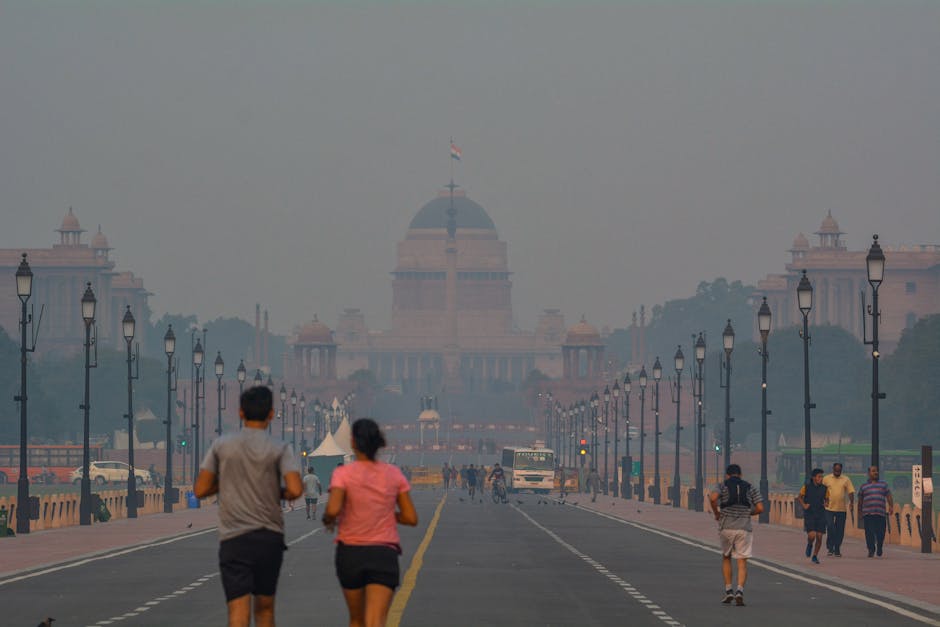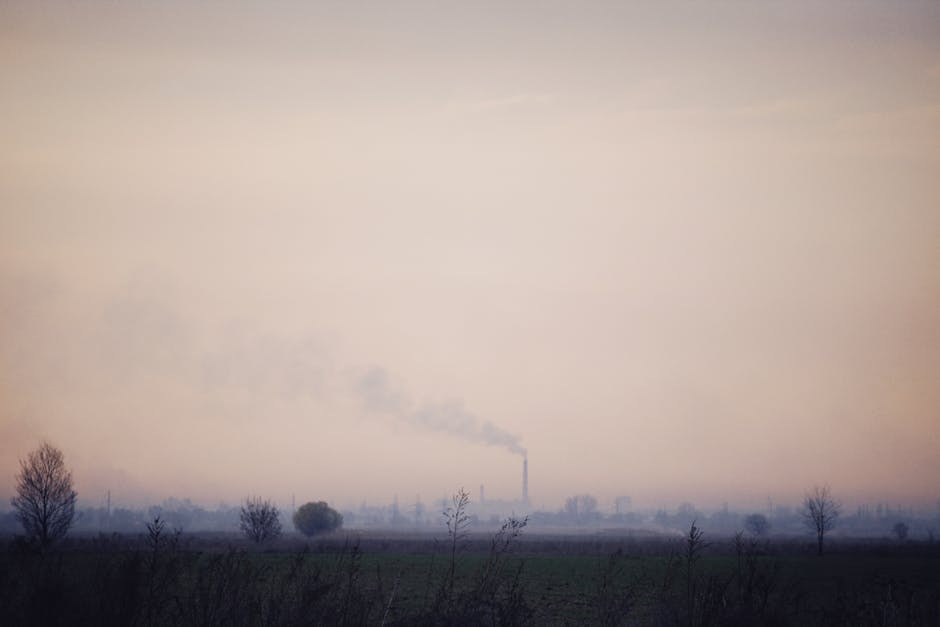Major Dhyan Chand Stadium Delhi’s AQI at 166 – Health Alert
Delhi’s iconic Major Dhyan Chand National Stadium, a premier sports hub, is battling “Unhealthy” air quality with an AQI of 166. Athletes and visitors face heightened risks of respiratory issues, prompting urgent advisories from health experts.
What Does AQI 166 Mean?
The Air Quality Index (AQI) categorizes 166 as “Unhealthy” (151–200), posing risks for:
– Sensitive groups: Children, elderly, and people with asthma or heart conditions.
– Athletes: Reduced lung function, stamina, and performance during training.
Why Is the Stadium’s Air Quality Poor?
Delhi’s pollution crisis affects the stadium due to:
1. Traffic Emissions: High PM2.5/PM10 from nearby congested roads.
2. Construction Dust: Ongoing projects add airborne particles.
3. Weather: Winter inversion traps pollutants near ground level.
4. Regional Factors: Farm fires in Punjab-Haryana worsen Delhi’s smog.
Health Risks for Athletes & Visitors
- Short-term: Eye/throat irritation, dizziness, fatigue.
- Long-term: Higher asthma risk, bronchitis, and cardiovascular damage.
Pulmonologist Dr. Priya Sharma (AIIMS Delhi) warns:“Exercising in AQI 166 forces deeper pollution inhalation. Avoid intense outdoor workouts.”
Current Mitigation Steps
- Indoor air purifiers in training facilities.
- Reduced morning sessions (peak pollution hours).
- Public advisories on real-time AQI checks.
Critics like activist Vikrant Tongad argue:
“Band-aid fixes won’t work. Delhi needs green buffers, electric transport, and stricter dust norms.”
Visitor Safety Tips
- Check AQI hourly via SAFAR/IQAir apps.
- Shift workouts indoors if AQI >150.
- Wear N95 masks outdoors.
- Hydrate frequently to flush toxins.
Long-Term Solutions for Cleaner Air
- Green zones: Plant trees around stadiums as natural filters.
- E-mobility: Boost electric buses/bikes near high-traffic areas.
- Dust control: Enforce stricter construction guidelines.
Key Takeaway
While temporary measures help, Delhi’s systemic air pollution requires urgent action. Athletes and visitors should monitor AQI levels and adapt routines accordingly.
For real-time updates, follow NextMinuteNews.




